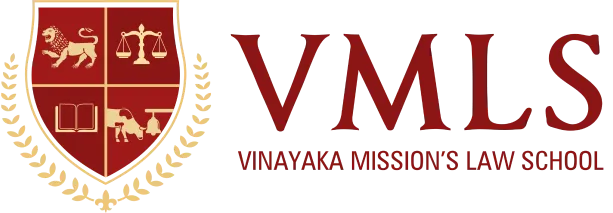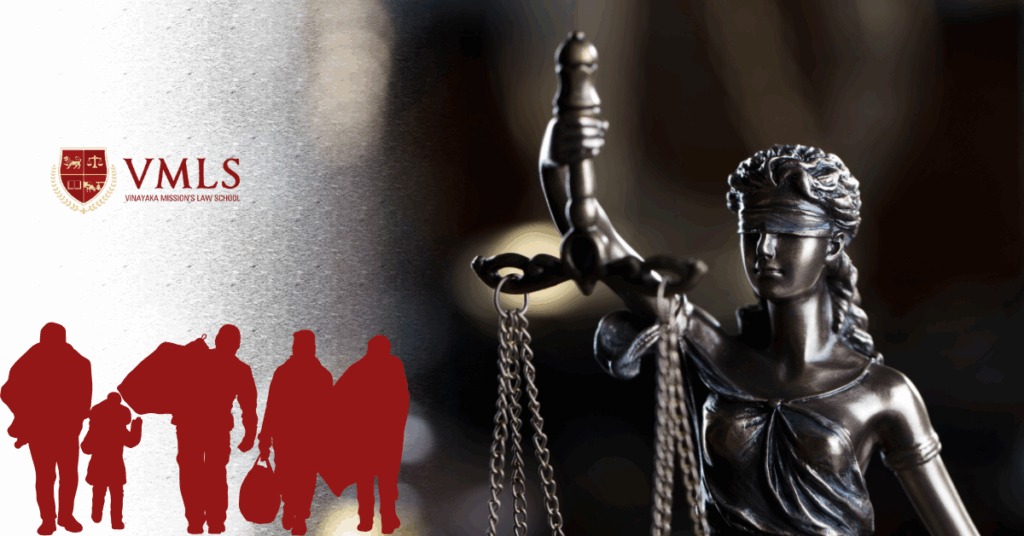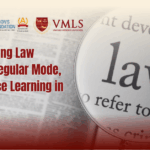The Migrant Labour Crisis in Chennai: A Legal Perspective
Chennai attracts a vast migrant workforce from states like Bihar, Jharkhand, Odisha, and West Bengal. These labourers, often employed in construction, sanitation, domestic work, and delivery services, live in poor conditions with little job security. Most are informally employed, leaving them vulnerable to wage theft, hazardous work environments, police harassment, and lack of access to healthcare, housing, or identity documents. The legal framework that promises protection—such as the Inter-State Migrant Workmen Act (1979), the Building and Other Construction Workers’ (BOCW) Act (1996), and provisions under the Labour Codes—is often out of reach for these workers due to illiteracy, language barriers, and lack of legal awareness. Their marginalisation is not just economic, but deeply legal. This is where clinical legal education becomes essential—not only to support the rights of the migrant community but also to reimagine legal education as a force for social justice.
Table of Contents
Clinical Legal Education: Transforming Legal Training
Clinical Legal Education (CLE) is an experiential approach to legal training that moves beyond theoretical instruction, enabling students to engage directly with real-world legal issues. At VMLS, the Legal Aid Centre serves as a dynamic platform where law students assist actual clients, document legal grievances, conduct grassroots rights awareness campaigns, and participate in dispute resolution processes. This hands-on model not only exposes students to the challenges faced by marginalized communities—such as migrant labourers who are often overlooked in conventional legal discourse—but also makes the study of law deeply contextual and relevant. By fostering practical legal skills, enhancing communication abilities, and cultivating a strong sense of ethics and civic responsibility, CLE empowers students while facilitating meaningful access to justice for vulnerable populations.
How Law Students Support Migrant Laboure’s ?
At VMLS, law students play a pivotal role in supporting migrant labourers through legal awareness, counselling, and alternative dispute resolution mechanisms. Many migrant workers are unaware of their rights under Indian labour laws, prompting students to conduct legal literacy camps at bus stations, labour hubs, construction sites, and industrial zones across Chennai. These outreach initiatives, delivered through visual aids, multilingual brochures, and street theatre, inform workers about entitlements like minimum wages, ESI benefits, compensation under the Workmen’s Compensation Act, BOCW welfare registration, and identity documentation procedures. In addition to awareness, the Legal Aid Centre offers pro bono legal counselling to workers facing wage disputes, false accusations, injuries, or eviction threats. Students assist in drafting complaints, filing applications under the Payment of Wages Act, preparing affidavits, and liaising with government bodies and NGOs. Recognizing the barriers posed by formal litigation, students are also trained in alternative dispute settlement (ADS) methods such as mediation and Lok Adalats, helping to resolve issues like non-payment of wages, wrongful termination, and contractor fraud. A notable example includes a successful mediation where unpaid migrant masons, abandoned after a project halt, were supported by students in securing their dues—highlighting the practical and dignified justice made possible through clinical legal education.
Access to Justice: More than Just a Right
Access to justice goes beyond mere legal representation—it involves making the law approachable, understandable, and truly usable for all, especially for migrant labourers who often lack the language skills, digital access, or confidence to navigate formal legal systems. At VMLS, the Legal Aid Centre tackles these challenges through mobile legal aid clinics that bring assistance directly to migrant settlements, translation services with student volunteers fluent in Hindi and other needed languages, and collaborations with civil society organizations to connect workers to essential services like food, housing, and healthcare. These initiatives ensure that clinical legal education doesn’t just preach justice—it delivers it to those most in need. For law students in Chennai, engaging with these communities offers an invaluable education that extends far beyond the classroom. They gain firsthand experience in client interaction, grapple with cross-cultural communication and ethical dilemmas, and witness the disparity between law as written and law in practice. In doing so, students come to understand how socio-economic status, language, caste, and gender shape access to legal remedies. Ultimately, clinical legal education becomes not just a platform for skill-building, but a transformative space where students evolve into compassionate, socially conscious lawyers.
Institutional Impact: VMLS’s Legal Aid Centre as a Model
The Legal Aid Centre at Vinayaka Missions Law School strives to serve as a lasting bridge between academic learning and real-world legal challenges. Its model includes weekly legal aid desks on campus to provide accessible support, community-based research on pressing migrant labour issues, and collaborations with labour commissioners and social workers to ensure practical outreach. Through these integrated efforts, VMLS embeds social engagement into legal training, fostering a culture where law is not reserved for the privileged few but upheld as a collective responsibility for public good.
Conclusion
In a city like Chennai, where development often rises on the backs of invisible migrant workers, access to justice is both a moral and constitutional imperative. Clinical legal education serves as a crucial tool in achieving this—by empowering both those who need justice and those who will one day serve its cause. At VMLS, through sustained clinical engagement, law students are discovering that justice is not found in courtrooms alone—it is found in conversations with construction workers, in drafting affidavits under streetlights, and in settlements brokered in silence. By embracing clinical legal education in social justice, VMLS is shaping not only better lawyers but better human beings. And in doing so, we stand committed to empowering Chennai’s migrant laborers—one case, one student, one act of justice at a time.


